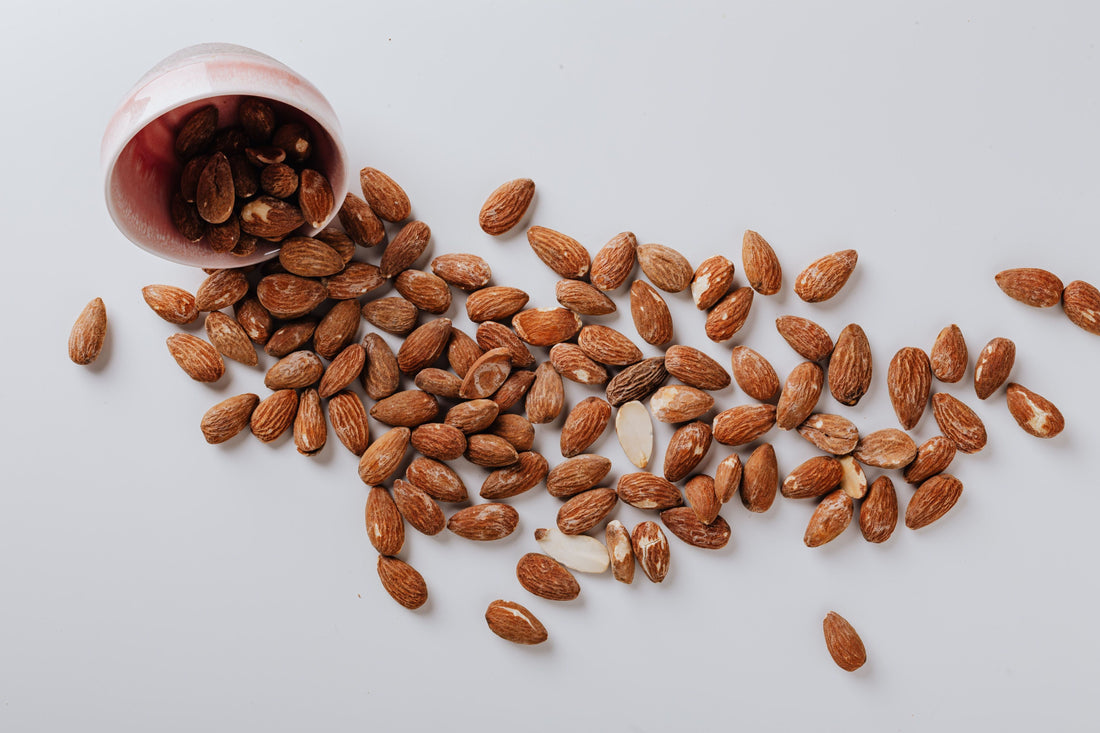
Almond Butter: The Peanut Butter Alternative
Share
Almond nut butter is one of the fastest-growing alternatives to peanut butter. It provides some specific health advantages to consider while avoiding the many health negatives typically found with commercially processed and preserved foods.
If you have a one tablespoon serving of the average nut butter, you’ll get 100 calories, 2g of protein, 4g of carbs, 10g of fat, and 1g of fiber. Since almond butter also has a higher iron content, you’re promoting better oxygen transportation throughout the body.
What Are the Pros and Cons of Using Almond Nut Butter?
Although every nut butter product provides some unique benefits to consider, the positives of almond nut butter outweigh the disadvantages in most situations.
|
Advantages of Using Almond Nut Butter |
Disadvantages of Using Almond Nut Butter |
|
|
Almonds vs. Peanuts: Which Is Better?
The primary reason to use almond nut butter instead of a peanut-based product is to avoid a potential allergy trigger.
Childhood allergies to peanuts have risen by 21% since 2010. Although other nut allergies are on the rise, the issue isn’t as prevalent as it is with one of the world’s most popular legumes.
When comparing almonds to peanuts, you’ll find that some unique reasons exist to choose the tree nut over the legume.
1. Almonds are alkaline.
Peanuts have the opposite effect on your digestive system when compared to almonds. If you have heartburn issues, switching to almond nut butter products could reduce the number of days you need to take antacids.
2. Almonds have fewer calories.
If you eat one cup of peanuts, you will consume an average of 850 calories. The same serving of almonds is 300 calories fewer.
3. Almonds have more fiber (with an exception).
When you eat the same average 16g serving of almond nut or peanut butter, you’ll get about double the dose of fiber. If you have a product that blends the peanut shells into the butter, you’ll move closer to an even serving.
4. Almond products use less sugar.
When you consume a sweetened almond butter product, you’re getting about half of the sugar put into peanut-based items. That’s why your calorie count is often significantly lower when you use the alternative product.
If you’re craving a fulfilling snack, almond nut butter is a viable alternative in numerous ways. As long as you watch out for oil-soaked(additives) nuts in the ingredients, you’ll find that our 100% pure nut butter is a rather healthy addiction!
